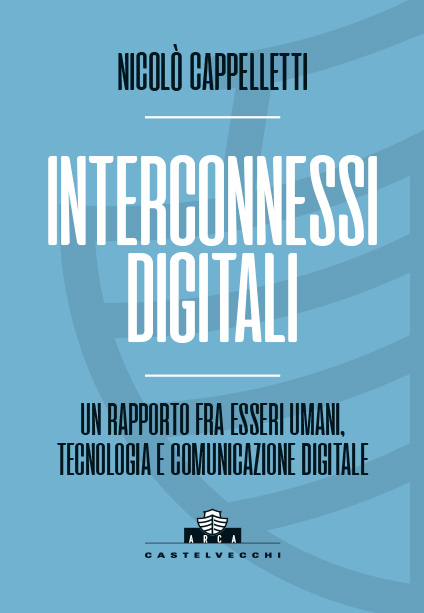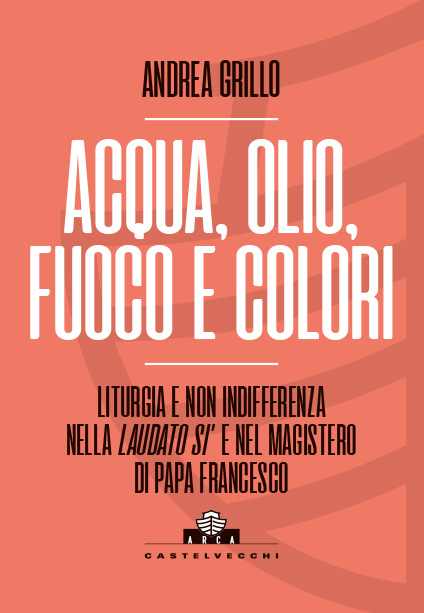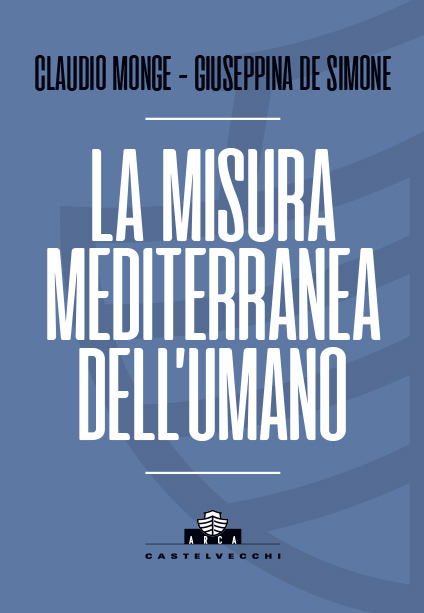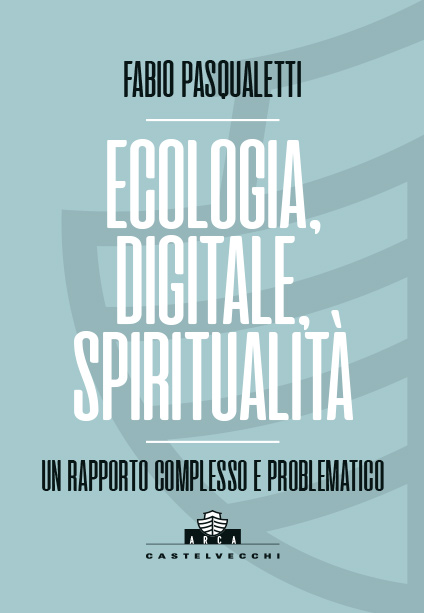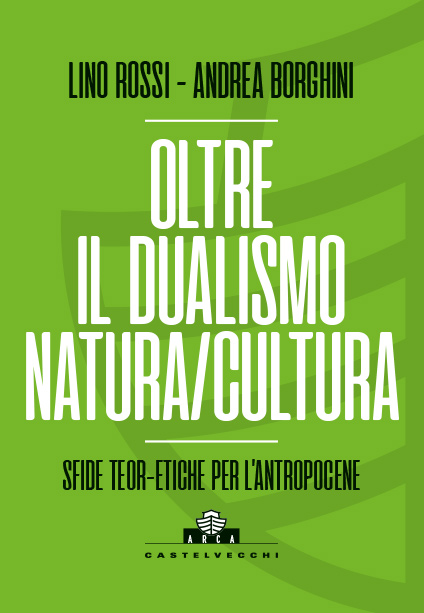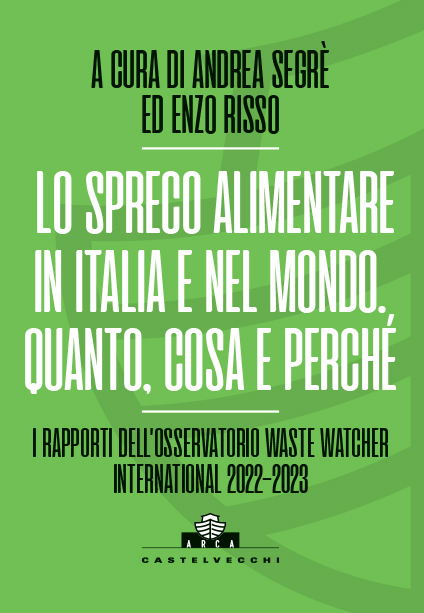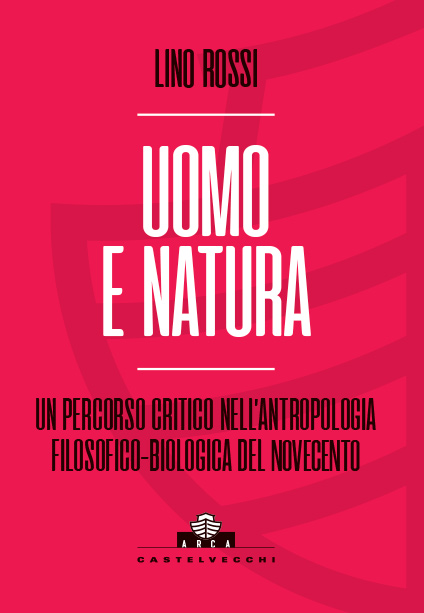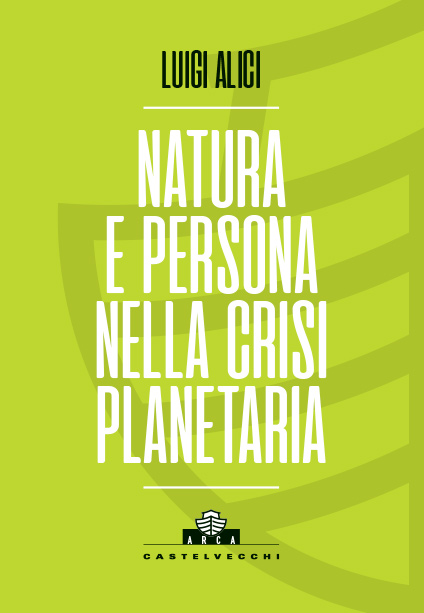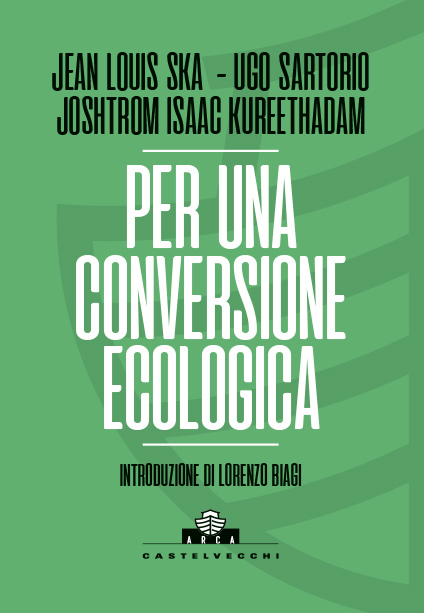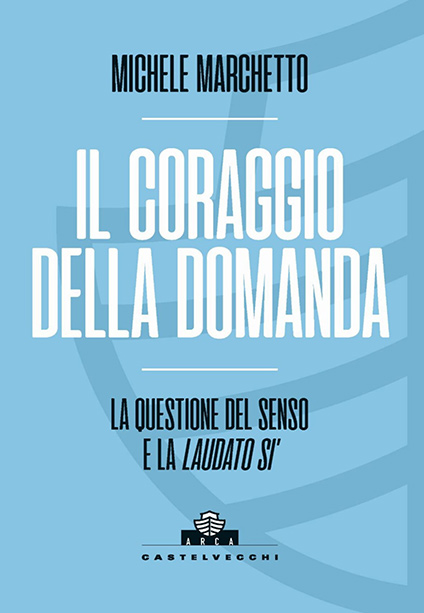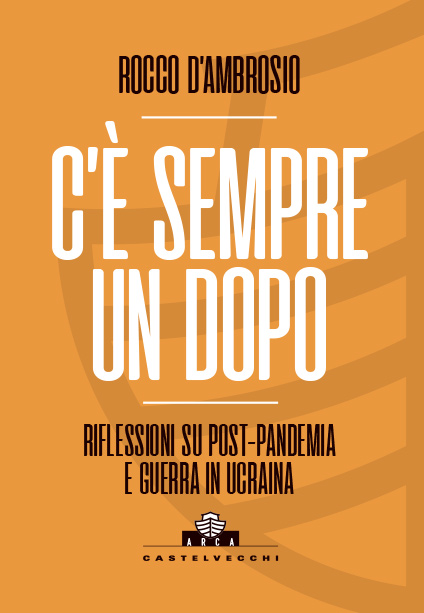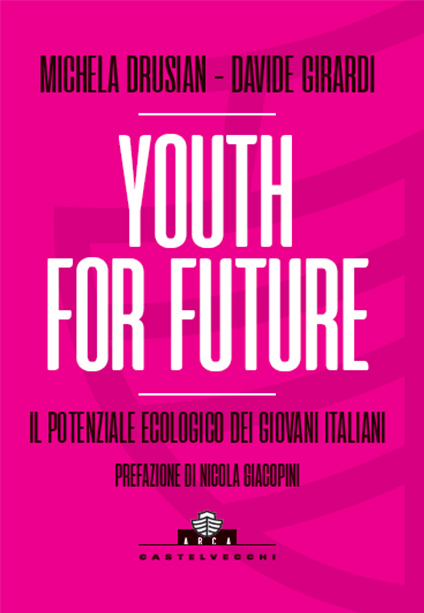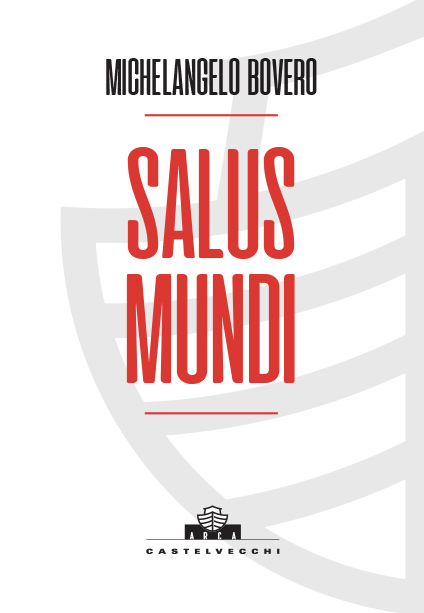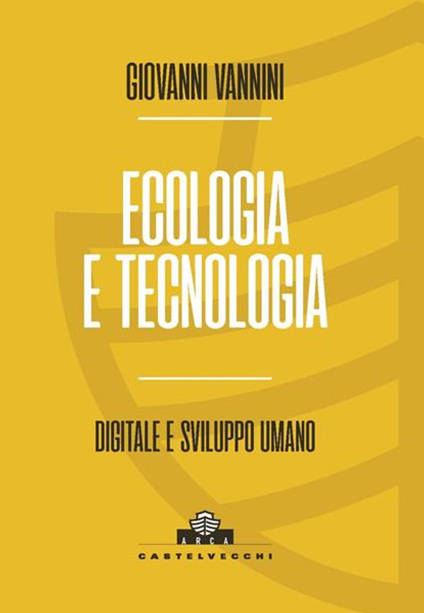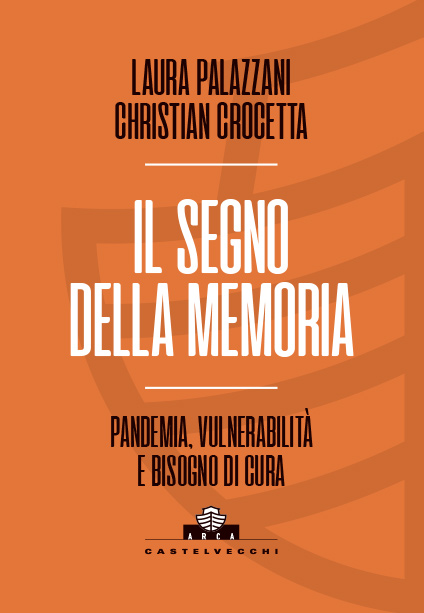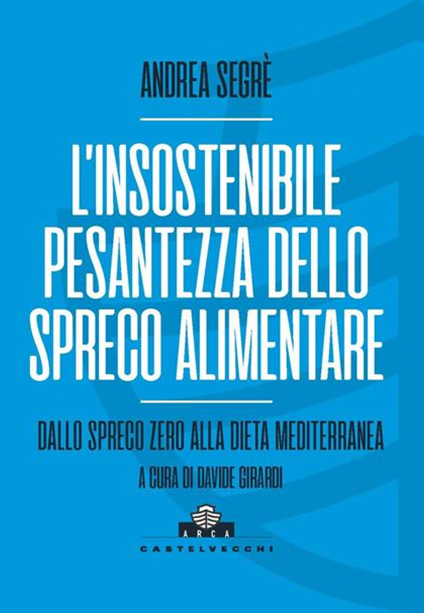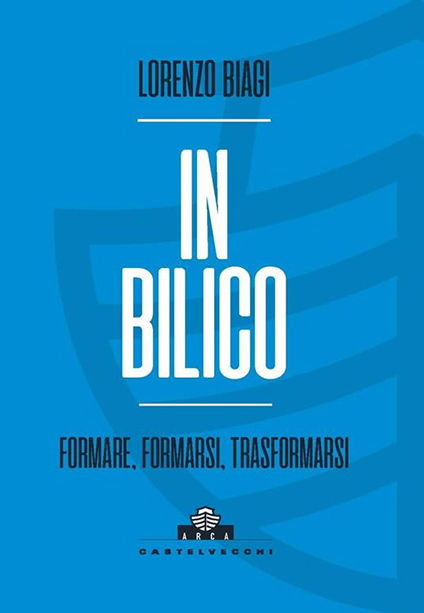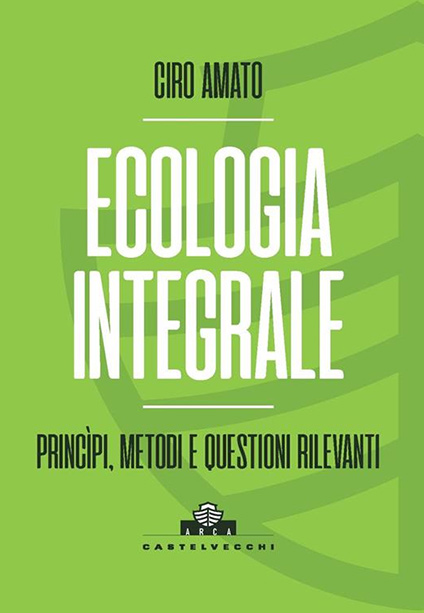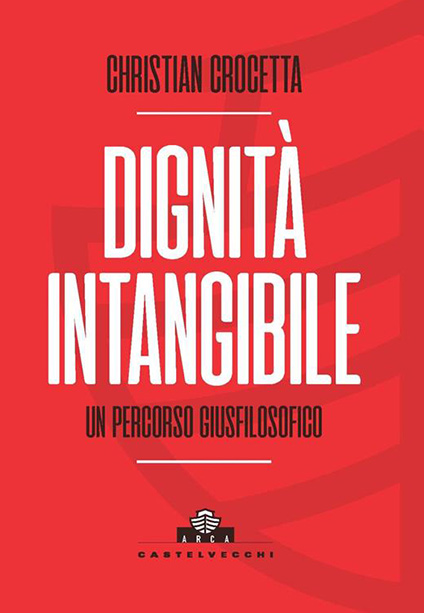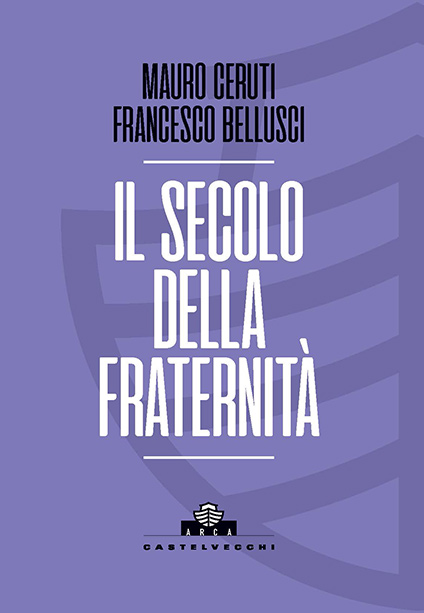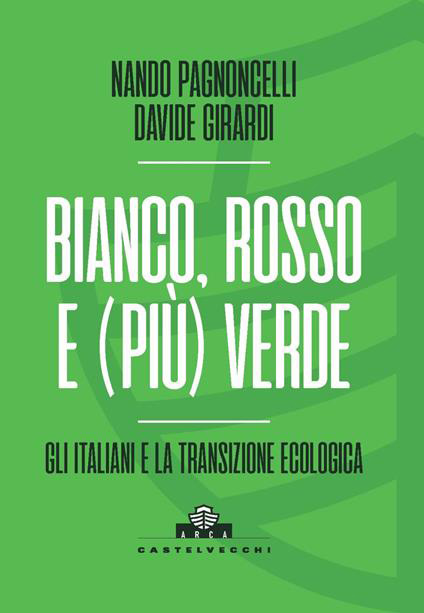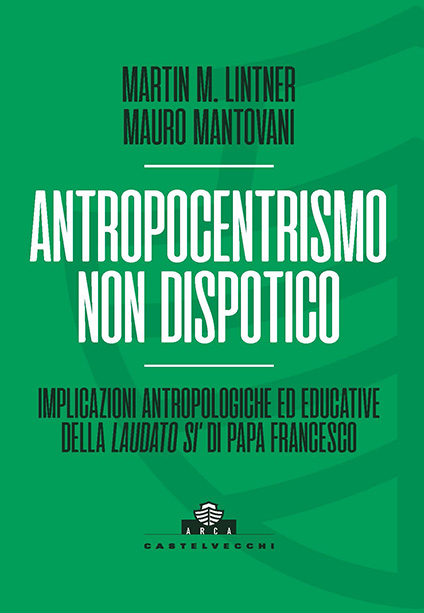Titolo: Educazione e postdemocrazia
Tipo di pubblicazione: articolo
Anno di pubblicazione: 2020
Autore: Roberto Albarea, Enrico Orsenigo
Rivista: IUSVEducation #14
Pagine: 8-33
Data di pubblicazione: febbraio 2020
Editore: IUSVE – Istituto Universitario Salesiano
ISSN: 2283-642X
Come citare: Albarea, R., Orsenigo, E. (2020). Educazione e postdemocrazia. IUSVEducation, 14, 8-33. https://www.iusveducation.it/educazione-e-postdemocrazia/
Parole chiave: democrazia, post-democrazia, populismo, tecno-populismo, economia positiva, tendenze educative
Paper PDF: IUSVEducation_14_Albarea_Orsenigo_EDUCAZIONE_E_POSTDEMOCRAZIA.pdf
Abstract:
L’articolo riprende alcune suggestions di un importante convegno internazionale che si è tenuto il 6-7-8 giugno 2019, a Cagliari, dal titolo Education and Post-Democracy, convegno cui hanno partecipato alcuni docenti e ricercatori dello Iusve. All’inizio, il lavoro fa riferimento ad alcune tesi di Colin Crouch affiancandole poi ad altre riflessioni (democrazia, post-democrazia, populismo e tecno-populismo) le quali testimoniano come il tema sia caratterizzato da una notevole complessità, tale da investire in modo decisivo i modi di vivere e di ‘stare’ nella contemporaneità.
L’articolo avanza alcune possibili forme di risposta indirizzate a contrastare le derive della postdemocrazia e del populismo. Due sono i filoni di discorso: uno di tipo strutturale, tendenzialmente macro, che riguarda la società civile e il ciclo produttivo; e uno educativo, tendenzialmente micro, che riguarda le persone e le relazioni, anche se ambedue sono interrelati e si influenzano a vicenda.
Keywords: Democracy, Post-Democracy, Populism, Tecno-Populism, Positive Economy, Trends of Education
Abstract:
The article takes up some suggestions of an important international conference in Cagliari, on 6-7-8 June 2019, entitled “Education and Post-Democracy”, a conference attended by some Iusve professors and researchers. At the beginning it refers to some theses by Colin Crouch and then it develops other reflections (democracy, post-democracy, populism and techno-populism) which testify the fact that the theme is characterized by a considerable complexity, such as to invest life in a decisive way and how to ‘stay’ in the contemporary world.
The article puts forward some possible forms of response aimed at countering the drifts of post-democracy and populism. There are two lines of speech: the first regards the presentation of the connected thems from a structural point of view (basically macro), which concerns civil society and the production cycle; the second, tendentially micro, concerns people and relationships, even if both levels are interrelated and influence each other.
















